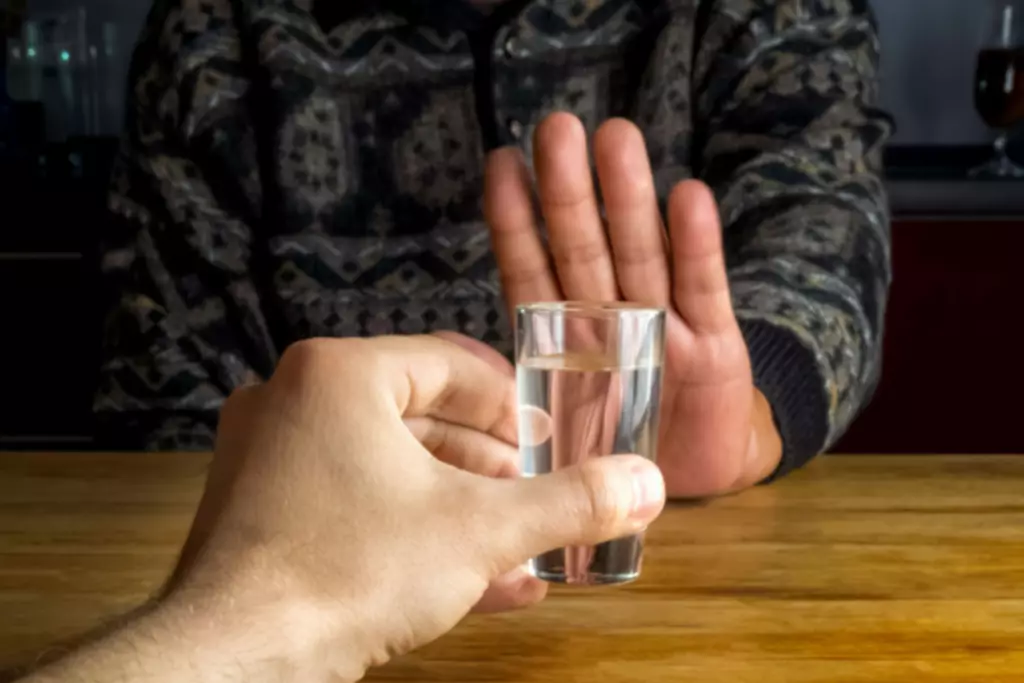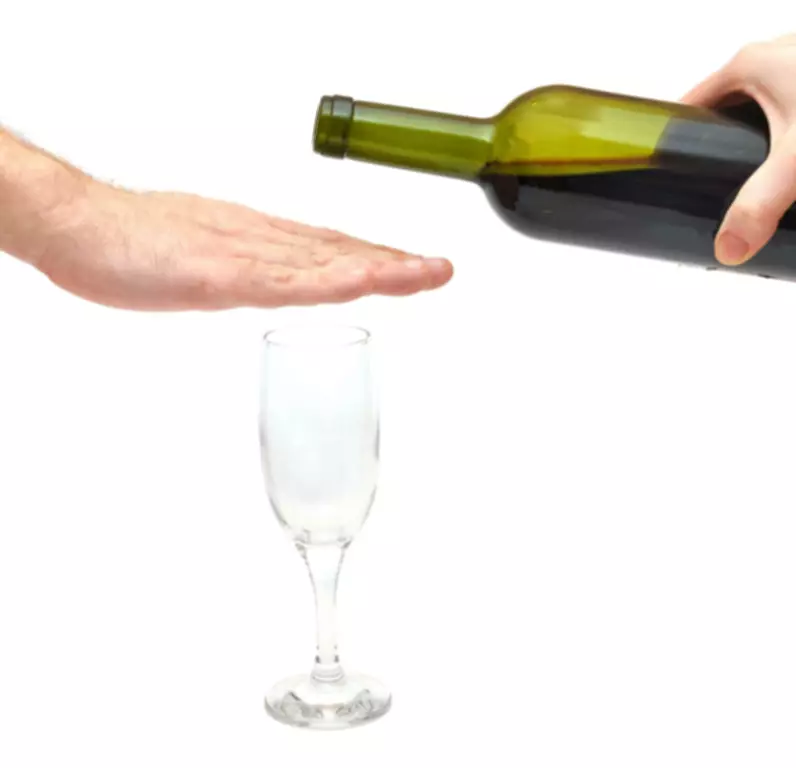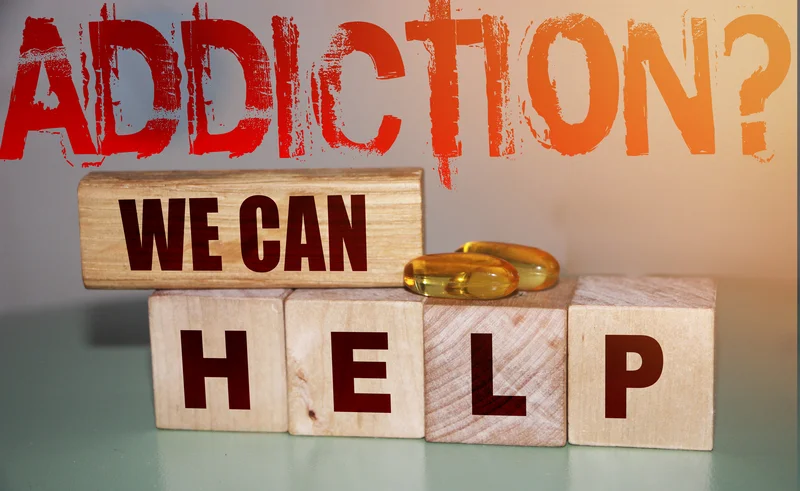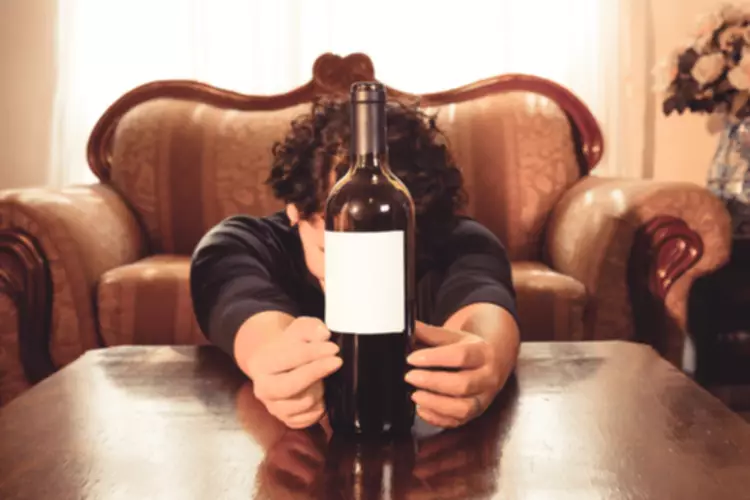
Schipper and colleagues (2018) were the first who described the efficacy of CBD treatment for patients with a psychotic disorder and a comorbid treatment-resistant cannabis use disorder (Table 3) 66. Seven hospitalized patients received eight weeks of treatment with Bedrolite, medicinal cannabis that contains 0.4% THC and 9% CBD, as add-on therapy to conventional antipsychotic medication. The medicinal cannabis was supposed to substitute street cannabis used by the patients but was only provided at fixed moments during the day. Doses ranged from 0.125 to 0.5 g daily (11–45 mg CBD), depending on dose and frequency of the use of street cannabis before admission. Treatment with CBD-rich medicinal cannabis did not affect psychosis- or dependence-related symptomatology.
- The biggest risk of using store-bought CBD supplements is that it may include THC—despite what it says on the label—and we know THC can be addictive.
- A German drug company claims to have produced the first non-addictive and clinically proven painkiller based on the cannabis plant.
- Since THC can be habit-forming, it’s important to know the difference between CBD oil sources.
Prolonged Use of Certain Substances
If you buy CBD, it is safest to make sure that there is independent laboratory testing as attested to by a COA (certificate of analysis) that should accompany every CBD product. CBD is readily obtainable in most parts of the United States, though its exact legal status has been in flux. All 50 states have laws legalizing CBD with varying degrees of restriction. In December 2015, the FDA eased the regulatory requirements to allow researchers to conduct CBD trials. In 2018, the Farm Bill made hemp legal in the United States, making it virtually impossible to keep CBD illegal — that would be like making oranges legal, but keeping orange juice illegal.
What Is HRV and Why Does It Matter for Sleep?
- While there is still more research to be done into long-term effects, it is important that we consider CBD separately from the side effects of marijuana and its reputation.
- Extracted from the Cannabis sativa plant, CBD is often used in products like oils, gummies, vapes, and topical preparations to support a range of health needs.
- When the brain interacts with substances like caffeine, nicotine, or a drug like amphetamine, this interaction causes a surge of euphoric sensations.
In short, no, you don’t have to avoid CBD if you’re recovering from addiction – it’s quite the opposite. Despite their apparent falsehoods, propaganda like Reefer Madness and over-the-top drug PSAs cemented cannabis as a source of addiction, among other things. However, there are many other forms of epilepsy that haven’t received any research with CBD. Epilepsy patients should never replace conventional treatment unless directed by a specialist. Unlike the other conditions on our list, CBD’s effectiveness against severe childhood epilepsy is indisputable. This led to the creation of Epidiolex, the first and (so far) only CBD prescription drug approved by the Food and Drug Administration.
- Epidiolex, which primarily consists of CBD, is the first cannabis-derived medicine approved by the FDA for these conditions.
- The materials convey the important message of keeping cannabis edibles safely stored and out of reach from children, in the same way we do for other dangerous household items.
- Research is polarized regarding cannabis withdrawal syndrome, as many feel that cannabis addiction is not possible.
International Patients
- While CBD does not appear to be reinforcing on its own, its impact on cannabis-related addictive behaviors in animal models remains unclear.
- This blind spot leaves room for mislabeling and contamination, adding another potential set of side effects.
- While current evidence indicates that you won’t develop a CBD addiction, it is possible to have an adverse reaction to cannabidiol.
- Up to two-thirds of the adult population struggles with insomnia, so it’s no surprise that people are starting to explore CBD for sleep difficulties.
CBD doesn’t cause intoxication or a sense of euphoria like prescription pain killers or street drugs, leading many addiction experts to believe that frequent CBD use has a similar potential for abuse to a placebo pill. Cannabidiol, or CBD, is an ingredient found in the cannabis plant, however, unlike THC, CBD has no psychoactive effect- meaning it won’t get you high. It is instead used to help manage conditions such as chronic pain, PTSD and epilepsy and is currently being trialled to find out whether it can help treat anxiety and arthritis.
Is CBD Non-Addictive and Safe for Managing Everyday Aches and Pains?

The studies that showed negative results provided either a single dose of CBD 56 or included chronic schizophrenia patients who received multiple types of antipsychotic medication 57. CBD has been shown to be a safe compound in both animals and humans, which is of critical importance from a therapeutic point of view. The current review aimed to provide a detailed and up-to-date systematic literature overview of studies that investigated the efficacy of CBD treatment for schizophrenia and/or SUD. Based on this overview, a second aim was to examine whether there is a specific subgroup of patients with schizophrenia, SUD, or both that may benefit most from CBD treatment.

The potency of edibles, combined with the delayed onset (typically minutes), might lead to overconsumption when users don’t feel immediate effects and decide to pop another dose. This article explores the potentially addictive nature of edibles and how to consume them responsibly, especially if you’re a new user. It’s been well over ten years since Canada and a few US states legalized recreational cannabis. All that said, CBD can be a safe option, especially when it comes from a reputable source like Zebra CBD. Our CBD productslike our hemp pills, CBD gummies for sale, and CBD topical products are crafted with premium hemp extract and tested by independent, certified third-party labs to ensure our products meet the claims on our labels. Unfortunately, the risk of developing a marijuana use disorder is higher in people who start using marijuana at a young age as well as those who use marijuana frequently.

There are a variety of different types of addictions, with some people becoming addicted to substances and other people experiencing process addictions. It remains unclear if the efficacy of CBD in schizophrenia, addiction, and their comorbidity could be explained by shared or different biological mechanisms. To elucidate this, is cannabidiol addictive future efforts should be taken to study the relationship between the eCB system, GABA/glutamate, and the immune system. Studies on CBD treatment for patients with a psychotic disorder and a comorbid cannabis use disorder.

Rather, it’s believed to have a positive effect on overall health, with the potential heroin addiction to help support moods, mental health, sleep, appetite and even immunity. If you’re purchasing CBD in a licensed dispensary in a state with medical or recreational cannabis laws, there’s a good chance the CBD product will contain higher levels of THC. However, federally-legal CBD products sold in all states at smoke shops and wellness stores should not contain more than 0.3% THC, and will not cause intoxication.






